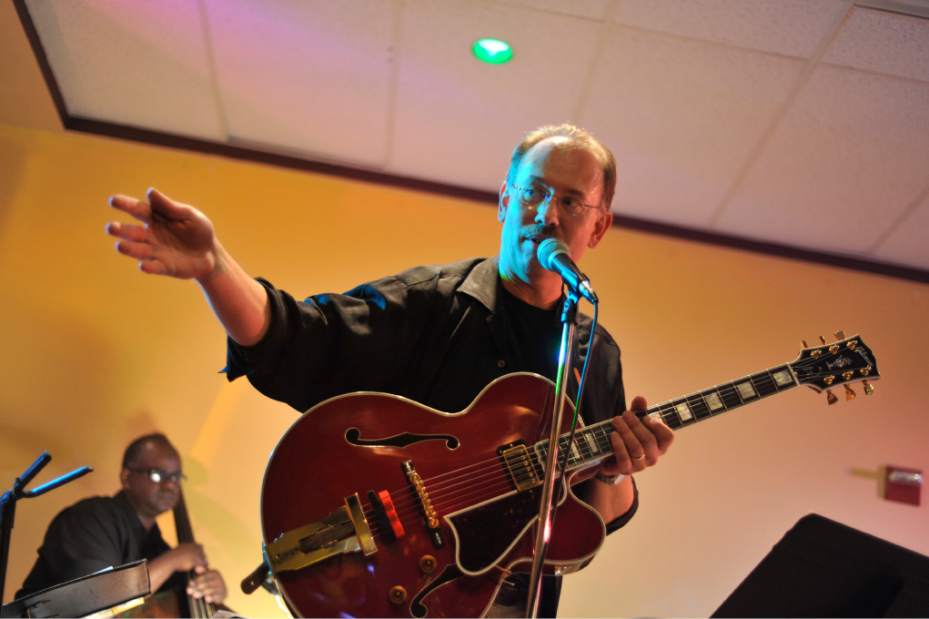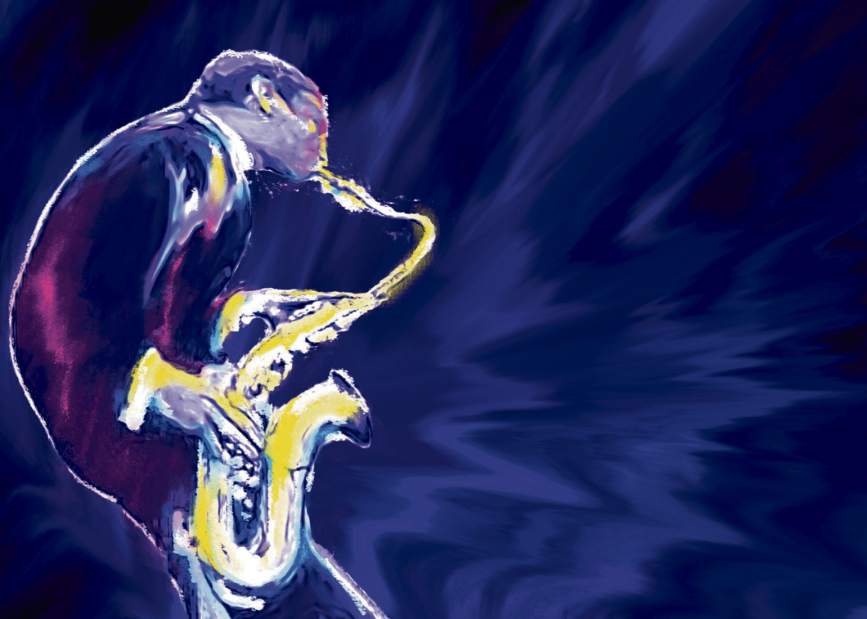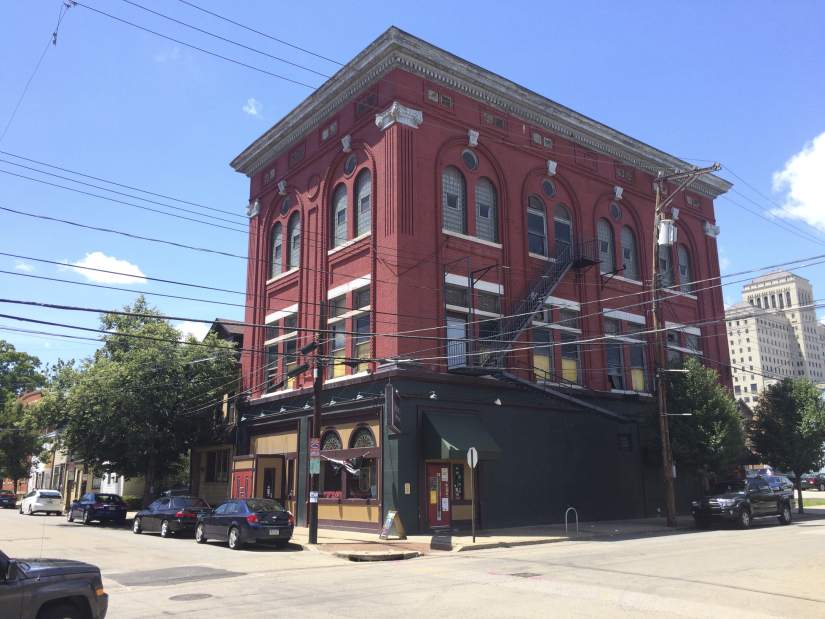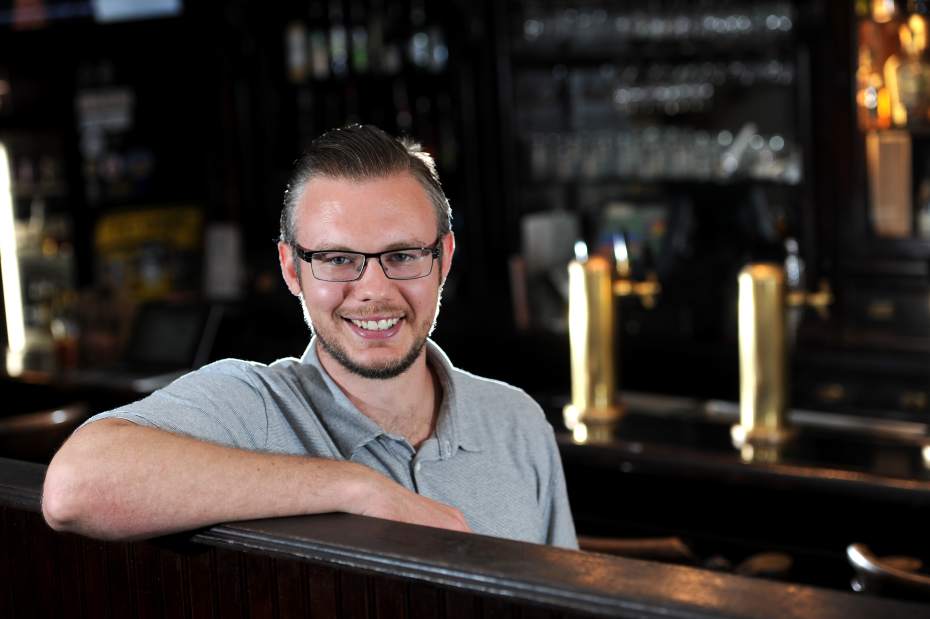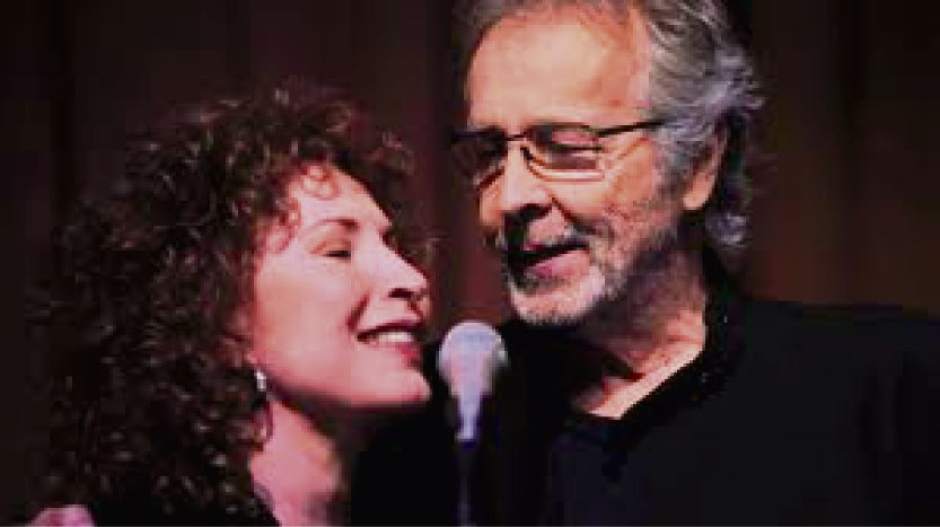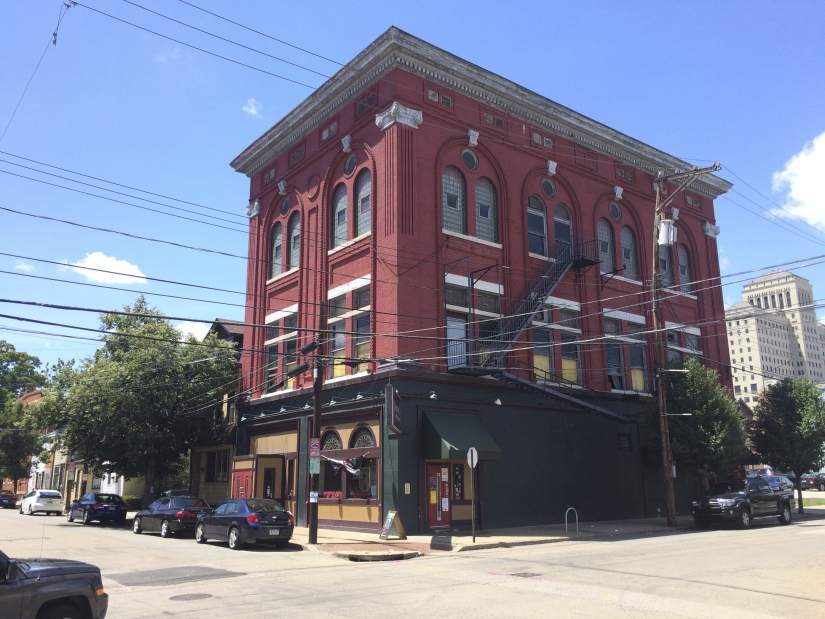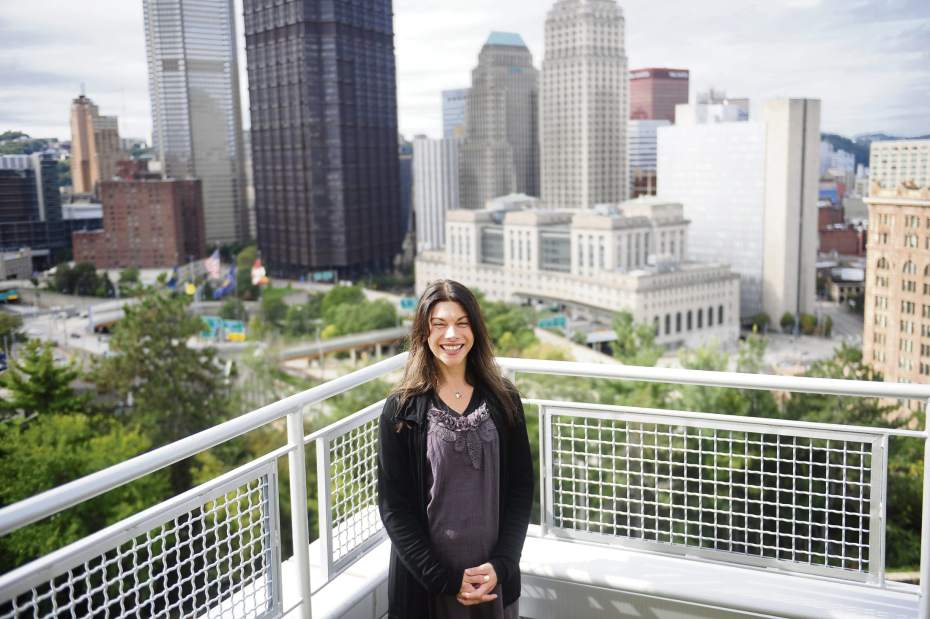James Street's closing a blow to Pittsburgh jazz scene, but not a fatal one
Jessica Lee Jazz
A look at the jazz vocalist Jessica Lee singing at James Street Gastropub & Speakeasy
The business of jazz is sounding an ugly chord this weekend with the final day of the James Street Gastropub & Speakeasy on the North Side.
But professionals involved in the Pittsburgh jazz scene don't think the loss of James Street points to impending doom.
"It sad and we hate to see it go," says singer Tania Grubbs, "but, as we do, we will improvise our way through it."
Fans, musicians and promoters all are bowing their heads at the Nov. 11 closing of the club, but, like family and friends at a funeral, they're heading to the wake to celebrate the memory — and carry on.

The James Street Gastropub & Speakeasy in the North Side.
Tribune-Review file
Dale Dorlin from the Pittsburgh Cultural Trust says that organization is "committed" to jazz programming as a way of "paying homage to our rich jazz history as well as paving the future for its evolution by providing the jazz community, locally and regionally, an environment to flourish."
Mensah Wali, the director of Kente Arts Alliance, an African-American arts group, says the closing has nothing to do with the strength of the music in the area.
"This closing has more to do with business, than the music," he says. "The truth will surface in time."
The closing has been shrouded in mystery about anonymous neighbors complaining about noise.
Whatever the reason, the closing is another blow to jazz, which also has seen the ending of monthly concerts at The Westmoreland Museum of American Art.
Closing still a curiosity
The James Street club has been a jazz site since the 1980s and the current ownership, the fourth since then, has added some rock and participated in the Deutschtown Music Festival.
Kevin Saftner, James Street's general manager, says the club has been the target of complaints since 2016, forcing him to install air conditioning and sound-muffling material to allow the use of a second-floor performance room.

Kevin Saftner, general manager of James Street Gastropub & Speakeasy on the North Side.
Tribune-Review file
But another complaint in October forced his mother, Lisa, owner of the club, to give up, he says. She is "ready to retire" and unwilling to carry the battle further, he says.
Saftner adds he is willing to go along with the decision because he does not want to lose the liquor license that could lead to another business down the road.
State authorities point out the club was not cited or even warned yet. Steven Brison, an enforcement officer for the state police bureau of liquor enforcement, says the bureau notifies the owner when it is told of a complaint. It then monitors the club, which it is doing, and will issue a warning or citation if there is a need.
He said he could not comment more on the "ongoing investigation." The bureau handles complaints from the Pennsylvania Liquor Control Board.
Building owner Duke Britton of the North Side is asking $899,900 for the site, but says he is willing to sell it for $850,000 to a buyer who would retain the music venue.
He says he bought the building in 2005 so it would remain a jazz club, but ownership until the Saftner effort didn't work out.
"These (people) were doing great, but then the state, the noise complaints ended that," he says. "I just don't have the energy to go around looking for the right tenant anymore."
Jazz plays a role
Despite the closing, some experts says jazz is maintaining its role in the Western Pennsylvania music market.
Henry Reese, executive director of City of Asylum, has been bringing edgy jazz to Alphabet City, the new restaurant-concert venue just blocks from James Street.
He has been blending forward-looking jazz, such as that from the new group Cowboys and Frenchmen, with the traditional sounds of singer Etta Cox. He looks at it as part of the "mission" of City of Asylum, which supports creativity by giving refuge to politically persecuted writers.
"We see our role as trying to be a home for more experimental jazz," he says, "but I think we can all coexist."
He says the programming has been popular. But he does admit the mostly free admissions may be helping.

Marty Ashby, executive producer of MCGJazz at the Manchester Craftsmen's Guild.
Tribune-Review file
Marty Ashby, executive producer of MCGJazz at the Manchester Craftsmen's Guild, calls the James Street closing more of a neighborhood squabble than a statement on music.
"It's sad because we have so few places to go," he says.
But he points to the continued success of the concert series at the guild as evidence of interest in jazz.
The guild is in a near-perfect setting, he says. The concert hall is part of a post-secondary school and is located in basically an industrial setting where neighbor complaints don't exist.
"In a way it is easy for us, because this is what we do," he says. "We put on concerts and we think about this 24 hours a day. We don't have to worry about food and issues clubs would have."
Mensah Wali from Kente Arts says the James Street's closing should be seen as a call to arms for jazz fans.
"One could say that jazz in the city has been on a decline for 20 to 30 years, but it's still here and it will never die," he says. "Those that profess a love for this music must show regular support of it."
Bob Karlovits is a Tribune-Review contributing writer.
Where to hear and see jazz
The closing of the James Street Gastropub & Speakeasy takes on significance because there are so few jazz clubs in the area.
There is not a club, for instance, that specializes in bringing in national touring acts. They show up at irregular concerts in theaters and at the Manchester Craftsmen's Guild, but there is no steady club home as in many other cities.
But there are a number of places and organizations the keep jazz alive in their own way:
Manchester Craftsmen's Guild
The Manchester Craftsmen's Guild on the North Side is easily the most dominant force in jazz in the area. For 31 years, it has sponsored concerts with such stars as Wynton Marsalis, Pat Metheny and Nancy Wilson at its small concert hall. This season's concerts include Herb Albert and his wife, Lani Hall, Nov. 11, and will feature a night of gypsy jazz, Nov. 18, and a jazz Christmas concert, Dec. 16. 412-322-0800 or mcgjazz.org
Pittsburgh Cultural Trust

The view from the stage at Pittsburgh's JazzLive International Festival, held annually in June.
Tribune-Review file
The Pittsburgh Cultural Trust sponsors several jazz events, including the weekend-long JazzLive International Festival in June and a Jazz Appreciation Month series of shows in April. It also has a year-round gig at happy-hour gigs Tuesdays at Theater Square, Downtown. The trust also sponsors concerts at the Benedum Center, Byham Theater and the August Wilson Center, Downtown. 412-456-6666 or trustarts.org
Alphabet City
Run by City of Asylum, Alphabet City has become a leading site of on-the-edge jazz. For instance, Nov. 19 will bring in drummer David Throckmorton and his adventurous Space Exchange. Other upcoming shows include:
• Tomchess & Bandit Hat, Nov. 12
• Alphabet City All-Star jazz performers celebrate Duke Ellington and Johnny Hodges in "Back to Back!," a tribute concert, Dec. 1
Seating is free for most music events. 412-435-1110 or alphabetcity.org
Kente Arts Alliance
Headquartered on the North Side, Kente Arts Alliance brings in performers most often to the New Hazlett Theater in the North Side, the Kelly-Strayhorn Theater in East Liberty and in 2018 to the August Wilson Center, Downtown. Drummer Louis Hayes will be the next guest, Dec. 9 at the Hazlett. Past shows have included Hugh Masekela, the Sun Ra Arkestra, Randy Weston and Roy Haynes. 412-322-0292 or kentearts.org
Jazz at Andys
Jazz at Andys at the Fairmont Pittsburgh on Market Street, Downtown, is the site for vocal-oriented sessions Thursdays through Saturdays, with a "Second Sunday" monthly program. While the music tends to be Great-American-Songbook-dominated and fairly traditional, the program also gives area singers a chance to develop their work. 412-773-8800 or andyswinebar.com/jazz
Duquesne University
The Mary Pappert School of Music's Uptown Jazz Series features monthly shows, this year on the history of jazz. The Monday night concerts feature a variety of jazz styles from faculty and visiting artists/ensembles. The next show is 7:30 p.m. Nov. 13 at the Genesius Theater. http://bit.ly/2hj1YL9

